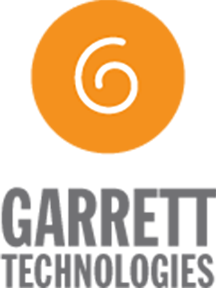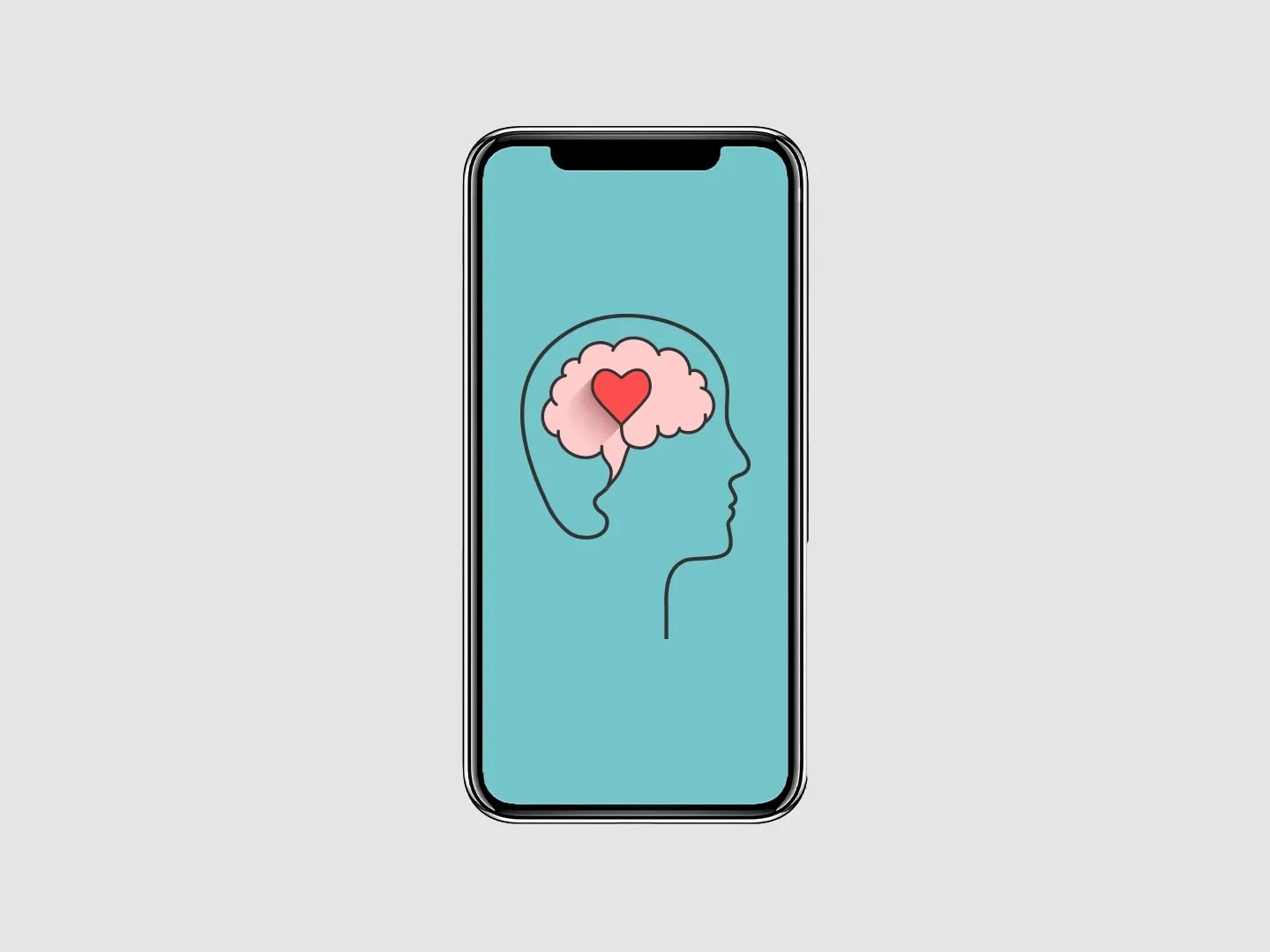Complimentary Tools to Traditional Therapy
Smartphone apps aimed at supporting mental health are nothing new. Users looking for mood tracking apps, affirmations delivered by smartphone, digitally guided mindfulness and meditation, and virtual therapist sessions have plenty of options. However, until now, there have been no apps approved by the FDA as treatment for mental health conditions. The approval of the Rejoyn app as a treatment for depression is an exciting development, as it could help to increase the effectiveness of traditional talk and medication therapy. In addition, it could help to pave the way for cheaper, more accessible mental health care via smartphone.
Given that an estimated 18 percent of Americans are receiving treatment for depression, and nearly one third of those continue to suffer symptoms even while taking antidepressant medication, this could make a significant difference for a lot of people.
Existing Self-Help Tools
The majority of consumer self-help apps fall into three categories. Although many of these can provide valuable support, none is, in itself, an approved standalone treatment.
Remote Therapy
Several apps allow remote access to licensed therapists. This can make it easier for people to fit therapy into their schedules, and can be more appealing to users who might be reluctant to seek in-person therapy. Users of remote therapy apps can also maintain control over their own treatment by easily switching therapists via the app, if they feel the relationship isn’t working out. And many apps offer messaging, so that patients can contact their therapists out of hours and as needed.
Tracking/Journaling
Keeping track of things like symptoms, moods, habits, goals, and medication can be incredibly helpful, and there are a variety of free and paid apps to help users to do those things and more. Users can utilize the information to identify trends and shape their choices. Moreover, many apps allow this data to be shared with practitioners.
Mental Health Coaching
There are a variety of free and paid coaching apps for users seeking light support. These apps might provide affirmations, guide meditation, promote mindfulness, give tips about stress and symptom management, provide breathing feedback, and more.
Scientifically Tested Treatment Apps
Some mental health apps have been clinically tested and found to improve patient outcomes. One, Rejoyn, has received FDA approval as an adjunctive treatment for depression.
Rejoyn
In March 2024, the FDA approved the Rejoyn app as an adjunctive treatment for major depressive disorder. Clinical testing has shown that the app, which is now classified as a medical device, is safe and effective. The app is aimed at partial responders, that is, people who are taking antidepressant medication but still experiencing partial symptoms. It’s intended that the app be used alongside medication and therapy.
Rejoyn helps patients through cognitive-emotional training exercises. The company’s research shows that the exercises may stimulate the amygdala and the dorsolateral prefrontal cortex, which can have antidepressant effects.
In the company’s study, Rejoyn users only experienced a modest benefit from the app, as compared to users of a control placebo app. At the same time, there are no side effects, and the risks of using the app are low. When Rejoyn is released, it will require a prescription from a clinician.
MoodHacker
The company Orcas describes MoodHacker as “a mobile self-management intervention.” The app helps people to track and understand their moods and to improve their mood, thereby reducing depression symptoms. MoodHacker relies on cognitive behavioral therapy and positive psychology to increase users’ knowledge and activate new, positive behaviors.
According to the company’s website, Orcas has validated MoodHacker’s effectiveness through randomized clinical trials. The target market for this app is companies seeking to help their employees, subscribers, customers and/or patients. Orcas’s other products include a breathing game, Lungtropolis, for youth asthma sufferers; Mindset, an app that helps users to develop healthy habits; Love Every Day, which aims to foster positive interactions in a couple; and others.
SuperBetter
Cognitive Behavioral Therapy forms the core for the SuperBetter app, as well. However, SuperBetter takes a gamified approach, allowing users to complete quests on their own or in conjunction with other users. SuperBetter’s quests focus on six areas: challenge mindset, optimism, sense of purpose, mental flexibility, emotional control, social connectedness, and self-efficacy.
SuperBetter has been the focus of numerous studies. One showed that out of 22 apps, SuperBetter had the greatest effect size for reducing symptoms of depression. Another study showed that SuperBetter could be effective in reducing symptoms of depression during the COVID-19 pandemic–and that those effects could last as long as six months. A randomized control trial from Harvard University showed that this app effected significant reductions in depression and anxiety among university students.
SuperBetter is aimed at users themselves, and they can opt for a free version or an expanded paid version.
The Pros
It’s important to note that none of the apps discussed is being offered as a substitute for conventional therapy and medication. Even Rejoyn, which was approved by the FDA as a medical device, is meant to be used as a complement to therapy and/or medication. However, all smartphone based medicine has the potential to make treatment cheaper and more accessible to more people. In addition, the anonymity of an app could prove appealing to some who might otherwise avoid seeking therapy.
The Cons
At this point, the only FDA-approved app for mental health treatment treats depression, although an anxiety treatment app may be just around the corner.
In addition, the current treatment apps are based primarily in cognitive behaviour therapy. While CBT, which relies on changing one’s mental health by deliberately changing one’s own thought patterns, is a widely accepted treatment, it doesn’t address systemic or underlying problems. It may also not be appropriate for people with more complex mental health conditions.
And, importantly, no app, at least so far, can completely replace conventional therapy and medication.
The Future
At this point, no app can replace conventional mental health treatment, and that’s not likely to change any time soon. However, the FDA approval of Rejoin for the adjunctive treatment of depression, could open the door to other apps that provide scientifically supported treatment for other conditions. And in terms of accessibility, ease of use, and cost, this could be a very positive development indeed.

